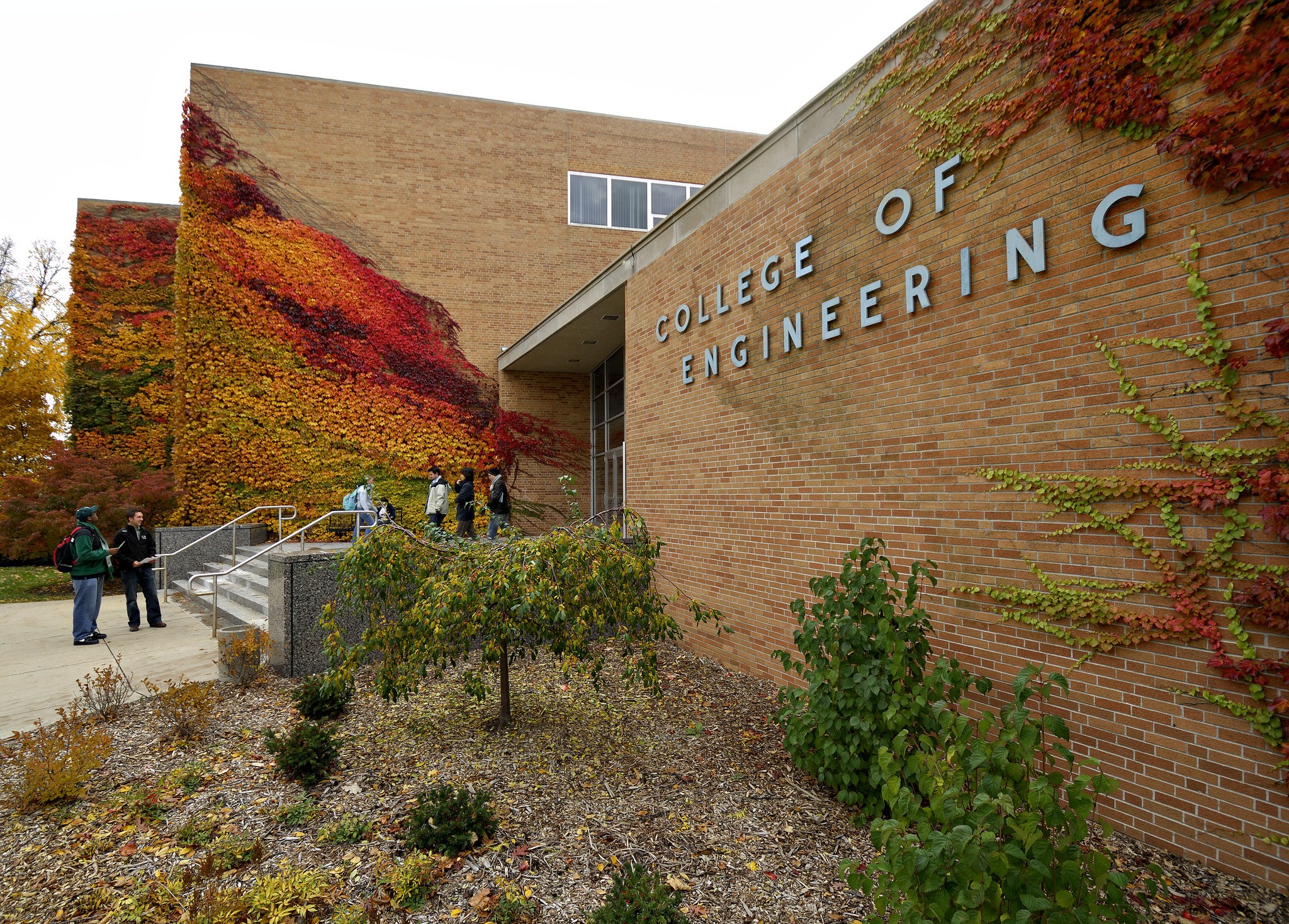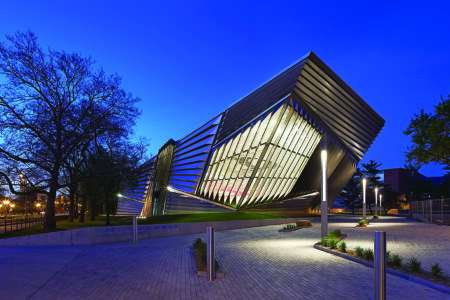Civil engineering in a changing and more connected than ever world is becoming increasingly complex and requires intricate solutions for problems that transcend disciplines. These solutions require up-to-date knowledge, skills, and abilities and an understanding of how to apply these competencies in challenging, real-world settings.
Getting an advanced degree in civil engineering is an obvious answer. But if you’re active in the industry, taking time off work and life to commit to a program may be difficult. Michigan State University (MSU) – #28th among public universities in US News & World Report’s America’s Best Colleges 2024 – recognizes this challenge, offering a dynamic solution.
MSU’s online Master of Science in Civil Engineering pushes students to the forefront of next generation civil infrastructure systems. The self-paced programme can be completed in two years, with specializations in Transportation Engineering, Pavement Engineering, and Structural Engineering, as well as a general degree that covers these combinations.

Source: Michigan State University
Online MS in Civil Engineering graduate Joe Williams can attest to benefitting from this broad scope despite already having more than 10 years of industry experience. “I chose to specialise in Transportation Engineering but took multiple pavement engineering-related courses to further my knowledge,” he says. “These courses were extremely beneficial and applicable to my everyday work across the state for both Department of Transportation work, County Road Commission work, and private development work.”
MSU’s BS in Civil Engineering graduate and now a student of the online MS programme Zac Osaer echoes similar experiences. “I chose the transportation and pavement engineering route, but I intend to take one or two classes in the structural programme,” he says. “I plan to continue my career in the bridge construction realm and the courses I’ve taken so far allow me to have a deeper understanding of all aspects of my job sites.”
For Osaer, the programme gave him a more solid academic understanding of the different challenges he experiences daily at his job site. “The courses have me considering new methods. For example, Dr. Timothy Gates’s courses allowed me to research methods and policies in transportation engineering that have been implemented,” he says. “We’re diving into the success and the failures of these methods and how we can evolve going forward to correct these failures and improve our successes.”

Source: Michigan State University
Of course, the program is backed by faculty with extensive practical and research experience in their fields of interest. Take Dr. Peter Savolainen, for example. The MSU Foundation Professor and Interim Chair of the Department of Civil and Environmental Engineering’s research on the nature of road user behaviour has advanced our knowledge of how roadway design, environmental factors, and in-vehicle distractions affect the risk of traffic crashes.
Dr. Savolainen also accredits the faculty for playing a leading role in the development and application of emerging technologies within infrastructure systems, citing the thousands of micro-scale, self-powered sensors installed on the Mackinac Bridge, which is a suspension bridge linking the Upper and Lower peninsulas of Michigan.
“Similarly, our faculty have also leveraged data obtained from connected and automated vehicles to identify potential safety issues on our roadway networks or to understand where issues may exist in pavement or bridge performance,” says Dr. Savolainen. “Collectively, these advances have allowed us to more effectively manage these assets, which is critically important given limited resources are available to build, operate, and maintain them.”
Overall, the program balances the theoretical and practical aspects of civil engineering, including the planning, design, construction, operation, and maintenance of large-scale infrastructure systems. It also incorporates real-world problems that allow students to work with data obtained through the research work conducted by the university.
“There have been incredible advances in recent years based upon the availability of near real-time data and analytical tools that allow us to effectively and efficiently leverage these data to monitor, evaluate, and respond to issues affecting the performance of these infrastructure systems,” says Dr. Savolainen, speaking on substantial resources available for the students.

Source: Michigan State University
For any civil engineer, the programme’s breadth and depth are how they will bring a higher degree of technical knowledge to their future careers in the industry. “The program helped further instill critical thinking and problem-solving skills, exploring methods and procedures used in the industry that I may not have been familiar with and opened my eyes to additional tools and techniques, software, and other resources to help research and analyze complex engineering issues,” says Williams.
To educate the next generation of civil engineers, MSU seeks to continuously add courses in emerging areas. “We offer courses for the application of statistical and econometric methods where we investigate emergent issues affecting the safety, efficiency, sustainability, and economic viability of our infrastructure. We also detail how sensors, AI, and other innovative tools and technologies can be leveraged to provide better, quicker answers to global problems affecting infrastructure worldwide,” says Dr. Savolainen. “Ultimately, we aim to provide training that is practice-ready and immediately implementable across a diverse range of settings, both technical and geographic.”
Follow Michigan State University on Facebook, X, Instagram, LinkedIn, and Youtube













